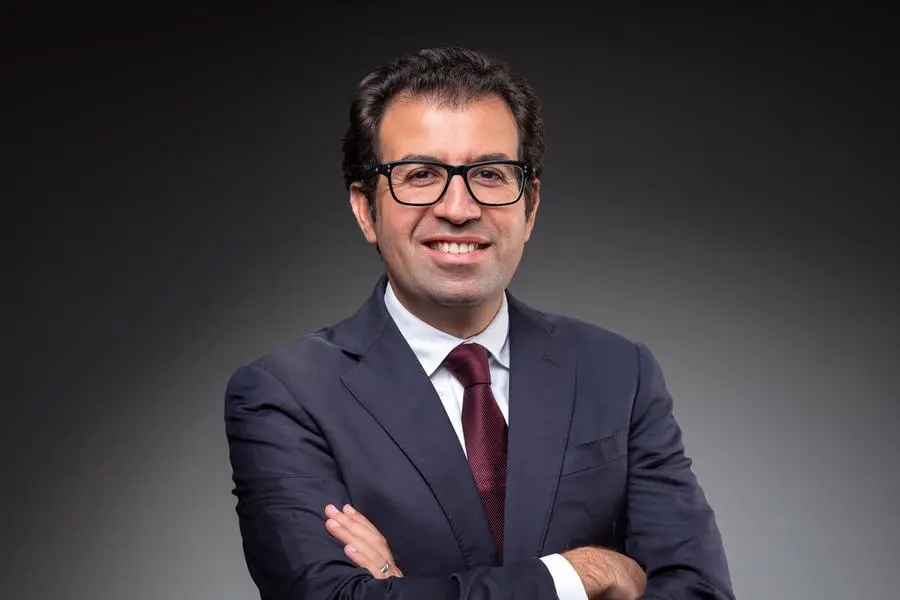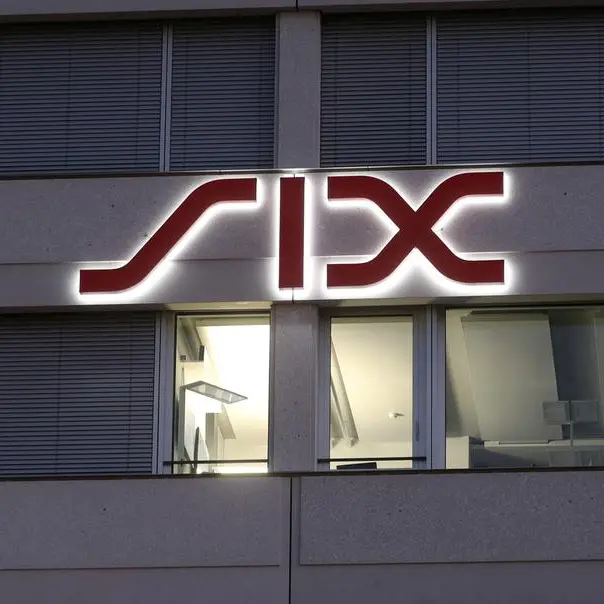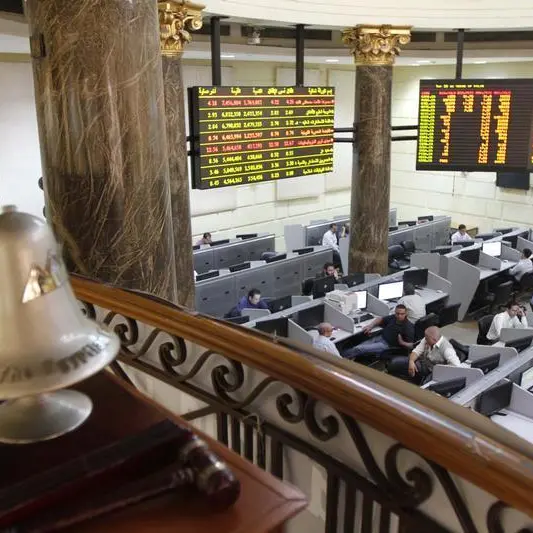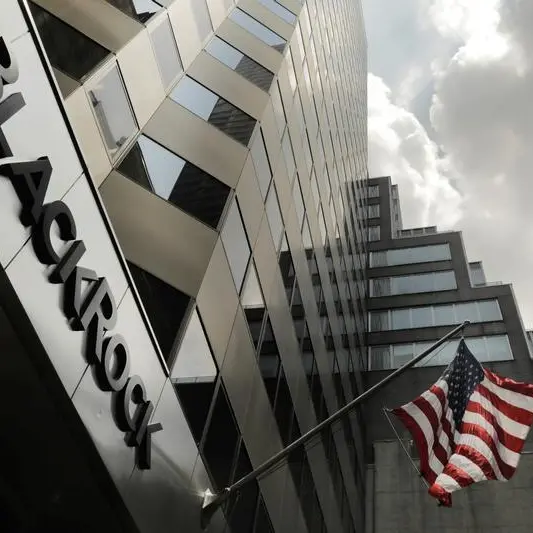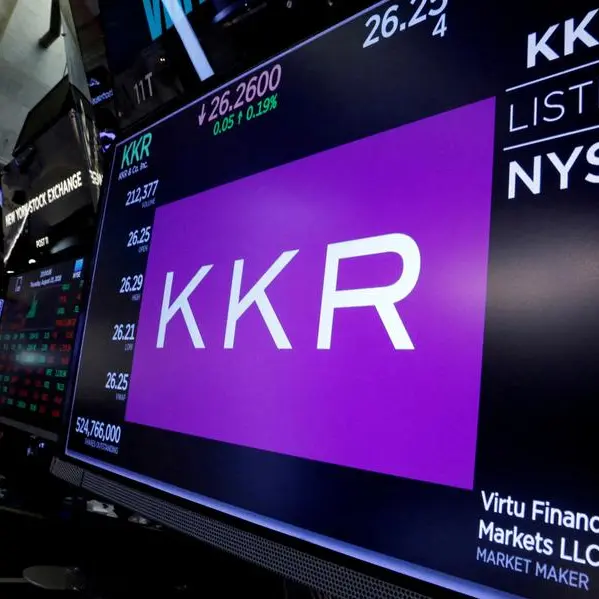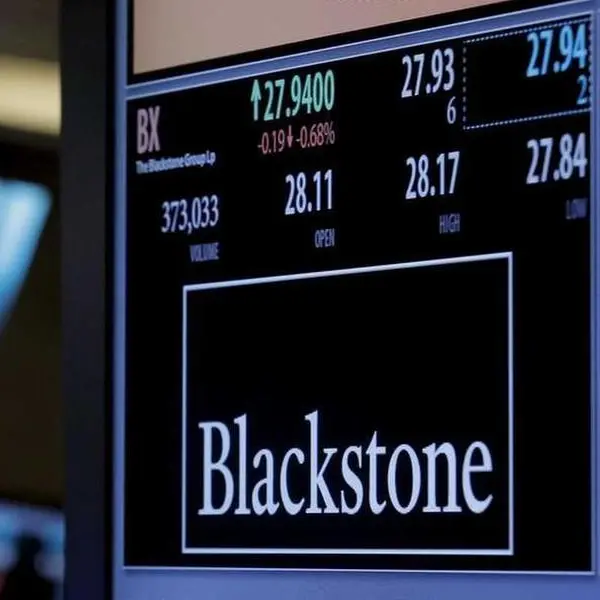PHOTO
Foreign investors are showing a growing interest in manufacturing industries, especially food manufacturing; however, the scarcity of qualified assets remains an obstacle, according to Moustafa El-Shenety, Managing Partner and Head of Investment Banking at Zilla Capital.
“I have a clear mandate from international foreign investors to find qualified scalable assets in the food manufacturing sector, where they seek to acquire minority or majority stakes,” Shenety told Zawya. He went on to explain that his investors are looking for companies with robust manufacturing facilities, exportable products and whose business models entail import-substitution.
“The reality is that we have either companies with no scalable assets or companies that are big enough [already] and are not interested in any further transactions to scale up,” he said.
Egypt’s manufacturing sector, which contributes nearly 15% of the GDP, is dominated by private enterprises. However, nearly 92% of the country’s private sector is represented by micro-businesses that are usually hard to scale up. Potentially scalable small and medium enterprises, constitute less than 6%, according to official figures.
Heydays for manufacturing industries?
Limited access to finance and the heavy reliance on imported raw materials have long been seen as chronic obstacles to the growth of the manufacturing sector. However, according to Shenety, the government’s recent commitment to supporting manufacturing businesses, and to localize more industries may improve the sector’s prospects and hence attract more foreign investors, who see Egypt as a potential export hub to Africa.
For years, crowding out by the public sector has discouraged private investors from deploying funds in manufacturing industries. However, the recent agreement with the IMF, whereby the Egyptian government committed to reduce its footprint in the economy, may offer enough assurances to investors, according to Shenety.
“In the last 18 months, we have not seen any crowding out in the food manufacturing business,” he said. “We think the government has learned the lesson from what happened in the last few years. We were on the brink of default because of so many external and internal strategic reasons, and they [the government] do not want to go through such tough times again.”
Last year, Egypt experienced one of its worst foreign currency crunches in decades, prompting fears of a sovereign default. In February, the UAE threw the country a lifeline by signing a $35 billion investment deal to develop the Mediterranean resort of Ras el-Hikmah.
Pharmaceuticals is another sector that is expected to attract more FDIs in the coming period, said Shenety, especially after the government’s June revision of drug prices, which authorized an increase of at least 20 %. The move was welcomed by drug manufacturers in the country, who have been struggling with the rising cost of production following the depreciation of the Egyptian pound.
“Last year, we were involved in many transactions in the [pharmaceutical] sector, but they all got frozen because of the government’s mandatory pricing policy,” he said. “However, recently, we have become active again in two big deals, after the government’s recent move on prices. We expect to close one of those deals in Q1 2025.”
Positive M&A outlook
Founded in 2018, Zilla Capital caters primarily to Africa-based private equity firms and GCC investors. The firm runs offices in Cairo, Riyadh, Abu -Dhabi, Dubai and Nairobi and has so far closed a total of nearly 15 merger and acquisition deals across the MENA region.
Shenety forecasted a surge in M&A deals in Egypt next year based on forex stability and the expectation of a decrease in global interest rates. Zilla Capital alone is currently advising on more than 15 deals, worth $2 billion, he said.
“In the next six months, we expect to close five or six of those deals,” he said, adding that his firm will soon announce a $800 million merger deal between a major Egyptian building material manufacturer and a Saudi player.
Zilla’s 2025 plans
Zilla Capital operates across three different sectors including investment banking, asset management and non-banking financial services.
“We have very clear and ambitious plans for advisory and asset management lines,” Shenety said. “On the advisory side, we hope to double our 2023 investment banking revenues this year, and we [also] have an aggressive target in 2025, which is to double our revenues again. Our pipeline shows that we can do that if the geopolitical situation becomes stable.”
In asset management, the firm is waiting on regulatory approvals to launch a $300-million investment portfolio firm in Saudi Arabia by the end of 2024, Shenety said. Plans are also underway to raise the value of Zilla’s assets managed in Egypt from LE 500 million to LE 2 billion.
However, Shenety was less optimistic about prospects for the company’s non-banking financial services.
“We are a bit conservative on non-banking financial services forecasts, until we see what will happen with the interest rate and regulations governing this sector,” he said.
Shenety explained that this business line has witnessed “a significant slowdown” in 2024, especially after the Central Bank of Egypt (CBE) issued a directive in February stipulating that the total direct and indirect credit facilities as well as investments in the financing lease firms’ securitization portfolio shall not exceed 5% of any bank’s loan portfolio and credit facilities. Officials figures show that the number of leasing deals dropped by 42% YoY in Q2 2024.
“As soon as interest rates drop and the CBE lifts this limitation, we may see some movement in this sector,” Shenety said.
(Reporting by Noha El Hennawy; editing by Seban Scaria seban.scaria@lseg.com)
